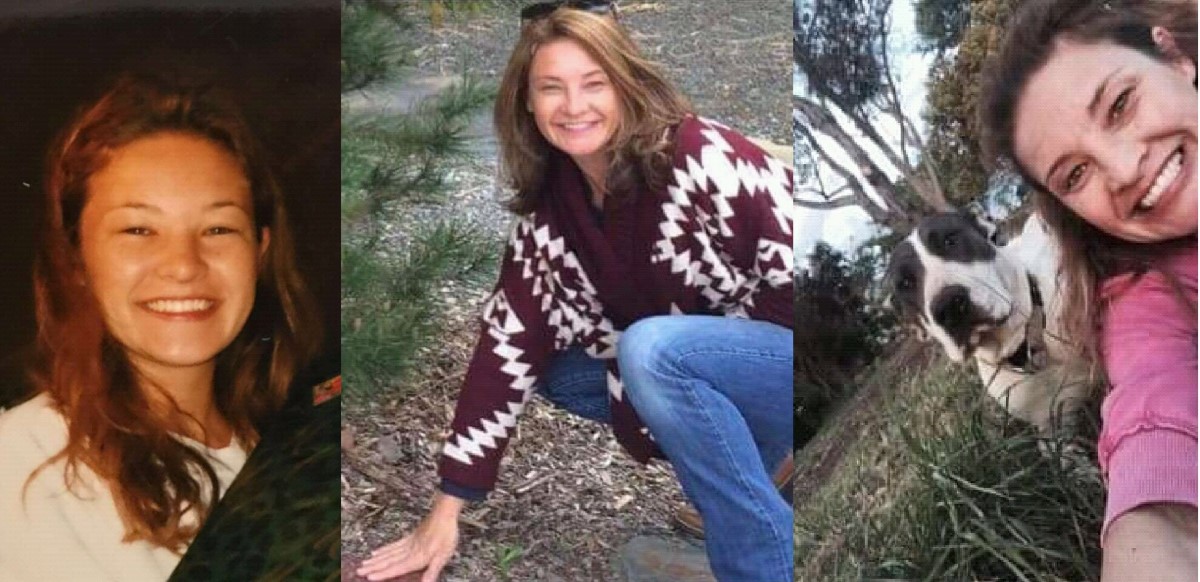The most dangerous time for a woman experiencing domestic violence is when she tries to leave her abusive partner.
In December 2017, Kyneton woman Alicia Little was attempting to do just that when she was struck down and killed by a vehicle driven by her fiancé, Charles Evans.
The mother-of-four died from “catastrophic injuries”.
Evans was charged with her murder but pleaded guilty to the lesser charges of dangerous driving causing death and failing to render assistance. He was jailed for four and a half years but could be released as soon as the end of June next year.
Evans had been previously convicted with domestic violence offences in NSW, but having moved interstate there was no warning of his history.
Alicia’s family is now calling for a national database of convicted domestic violence offenders.
Her mother Lee told the Midland Express she also hoped their story would help other parents to watch for the signs of serious danger.
“The first time he beat her was in 2014 and he put her in hospital,” Lee said.
“She had broken ribs and black eyes, she was black and blue all over from her hips to her eyes.
“I knew it would continue the first time she told me she’d gone back to him.”
Lee said Alicia had begun to withdraw from her family and hadn’t joined them for Christmas that year, but, as is often the case within abusive relationships, it was her partner’s controlling behaviour that was to blame.
“She loved going out, she loved being social, and when she got with this perpetrator she stopped going out,” Lee said.
“People don’t realise the signs for domestic violence.
“Ask yourself, is she wearing long-sleeved shirts on a hot day? Is she wearing scarves? Is she wearing sunglasses?
“I want parents to know to keep an eye on their kids, their adult children, their relations.”
ASSESS THE RISK
Cheryl Munzel, senior manager of therapeutic services with the Centre for Non-Violence, said women wanting to leave an abusive partner needed to have a leaving plan in place.
“The decision to leave can be made in a hurry and, if that’s the case, they can find themselves without things they need or even a plan as to where they’re going to go,” Ms Munzel said.
“A woman experiencing family violence is most often the best judge of her own level of risk and what she needs to do to reduce it.
“Specialist family violence services work in partnership with women to assess the risk and assist in that planning through advice, information or provision of practical supports.”
Readers can sign the ‘Justice for Alicia Little’ petition at change.org
If you or someone you know is in immediate danger, dial 000. If you need help and advice, call 1800Respect on 1800 737 732. You will also find a list of available support services in our special wraparound feature on today’s edition of the Midland Express.








